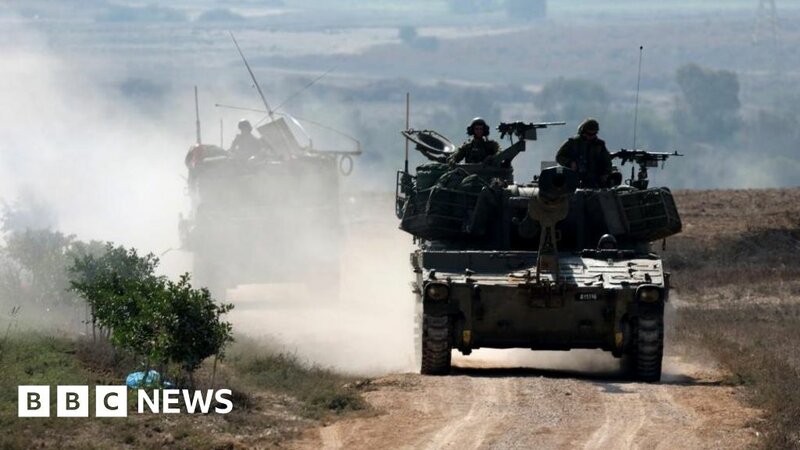The disastrous incident in which Israel Defense Forces (IDF) troops shot dead three Israeli hostages in Gaza on Friday, mistaking them for Hamas fighters despite their waving a white cloth, is a graphic illustration of the risks involved in armed hostage rescue.
Maj Gen Charlie Herbert, a retired British Army general who served on 13 operational tours including Iraq and Afghanistan, told the BBC: "As desperately sad as it is, the shooting dead of the three hostages... again calls into question IDF tactics, proportionality and distinction. One can only imagine how many civilians have been killed in similar circumstances."
The IDF says it takes great care to avoid harming civilians, but the horrific death toll in Gaza - more than 18,000 and rising - has caused Israel to be accused of indiscriminate bombing.
In nearly every case of kidnap in history, those abducted stand a far better chance of emerging alive and unscathed through mediation and a deal, rather than by armed intervention.
One of the first hostage cases I covered was when Al-Qaeda-linked jihadists in Yemen abducted 16 Western tourists in 1998. The British ambassador went to see the interior minister to press for a negotiated release of the hostages. Too late, he was told, the Yemeni army has already gone in. A quarter of those kidnapped were killed in the ensuing firefight, with others injured.



 Israel
Israel Palestine
Palestine


